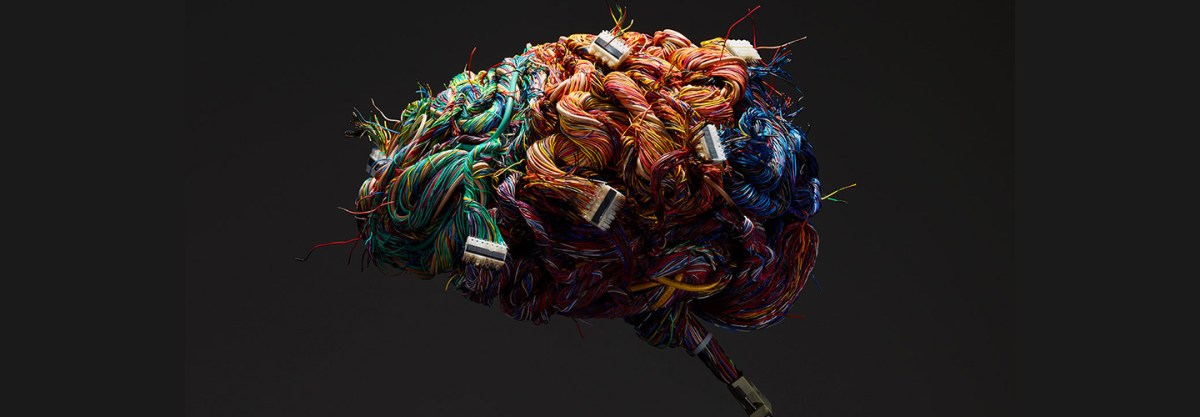Death and taxes are the two certainties in life, but if tech titans Peter Thiel, Elon Musk and Mark Zuckerberg have it their way, that may not be the case for much longer.
The New Statesman is exploring the viewpoints about the end of life held by the world’s most famous tech billionaires — namely, that death can be transcended by machines and technology. That school of thought is known as “transhumanism,” the ultimate expression of science triumphing over nature.
“Transhumanism is no longer a fringe movement,” journalist Santana Varghese writes. “Silicon Valley is characterized by a blind belief in technological progress, a disregard for social acceptability and an emphasis on individual success. It’s no surprise, then, that it is here that the idea of living forever seems most desirable.”
As for the taxes part: Thiel and Musk have publicly identified themselves as libertarians, claiming that taxes are obsolete, and the New Statesman notes that artificial intelligence inherently absorbs some of the biases of its creators.
“Uploading someone’s brain into a clone of themselves doesn’t make them less likely to discriminate,” Varghese notes.
But what type of consequences does living forever have on society at large? It’s an unsettling, but not implausible, future prospect for humanity; one in which oppressive structures are drawn out, as immortality is defined mostly by heterosexual, rich white men, the writer argues.
Immortality or extended life then would mean traditional attitudes would stay locked in place over the long term, making social change difficult — maybe even impossible.
This article appeared in an InsideHook newsletter. Sign up for free to get more on travel, wellness, style, drinking, and culture.

























